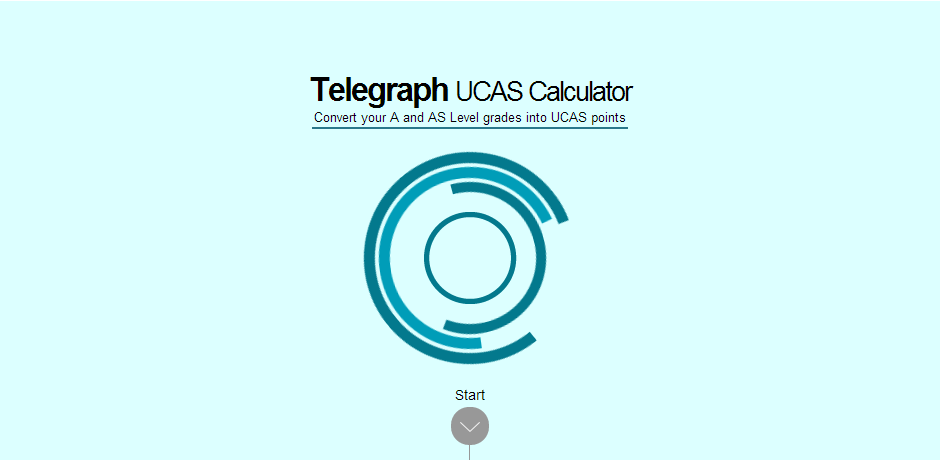University Course Choice: How to Calculate the Best Course for You
Students have some very tuff decisions in their lifetime, studying hard to achieve the high grades at A Levels and then choosing the best university to attend in the future, but without choosing the right course their educational path could go horribly wrong.
Finding the best course to study at university is an important decision to be made, as some courses can last more than 5 years and with the rising number of student’s debts and tuition fees increasing students are wondering what the best courses to invest their time in are. Choosing a course you are passionate about will at least be worth the investment into educational fees but being stuck in the wrong course and maybe having to move universities or then take a year out could end up with more financial problems and demotivation in education. So what should students do?
Every student needs to think and then act, first you should analyse what your passion of study is and check what potential career paths this could lead to. Once you have analysed the route to your dream job you should think about what kind of course is available, if there is a mix of subjects you can specialise in and branch out your skills or should you sensibly choose one major and dedicate your time to this.
With the vast number of courses available you would be surprised at what you could be studying. If you are studying in the UK, the Telegraph UCAS Calculator is a great tool in providing a list of courses that best suits you. Once you have your A or AS Level grades you can use their calculator to convert your grades into UCAS points which will then list a number of courses you could potentially be studying. You can select the sensible courses for you or you could be brave and go for a hit on random and see what quirky course would suit you; you could end up studying Tropical Disease Biology!
Students today like variety and many universities are catering to this, globally the number of courses based on celebrities has increased. In the USA for example, New Jersey’s Rutgers University enabled students to study a diploma on “Politicizing Beyonce”, Jay Z was even honoured by Georgetown University having had a sociology course named after him. In the UK, the one and only David Beckham had a 12 week module based on him by Staffordshire University, which was part of the BA in Sports, Media and Culture.
University or Campus life can be a success and a career path can be successful if you just choose the right course, so get analysing your course path today and let us know how you get on.
Author: Jenny B is a graduate of engineering who developed her career on an international level. Now working as a freelance writer Jen is here to offer her advice on university life.


